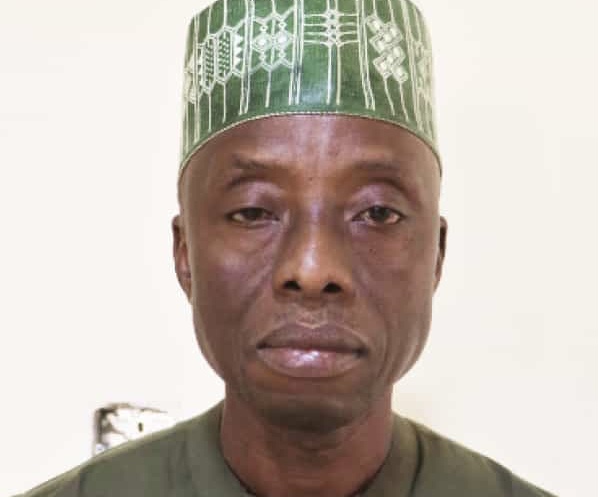The Nigerian Federal Government has initiated a two-pronged approach to address financial obligations: clearing outstanding payments to contractors for verified and completed projects, and continuing the phased settlement of wage award arrears owed to civil servants. This move aims to stimulate economic activity by injecting funds into the private sector through contractor payments while simultaneously addressing the welfare concerns of public sector workers. The government emphasized its commitment to fiscal responsibility, ensuring that only contracts awarded and executed according to due process and established specifications will be honored. This underscores a focus on transparency and accountability in public spending, seeking to maximize value for money invested in government projects. This initiative signals a dedication to upholding procurement standards and preventing the misappropriation of public funds.
The clearance of outstanding contractor payments is expected to revitalize economic activity by injecting much-needed capital into the private sector. This will not only benefit the contractors themselves but also have a ripple effect throughout the economy, supporting jobs and stimulating further investment. By prioritizing payments for duly completed and verified projects, the government aims to bolster confidence in the public procurement process and encourage further participation from reputable contractors. This approach is crucial for fostering a healthy business environment and driving sustainable economic growth. The rigorous verification process ensures that public funds are utilized efficiently and effectively, minimizing waste and corruption.
Simultaneously, the government is continuing its commitment to improving the welfare of civil servants by continuing the phased payment of the N35,000 wage award arrears. Initiated in May 2025, this payment schedule aims to alleviate the financial burden faced by public sector workers following the removal of fuel subsidies. The government recognizes the impact of economic reforms on the livelihoods of its employees and is committed to providing support through this phased payment approach. This commitment to regular payments, with the next installment scheduled for June 2025, provides a degree of financial security for civil servants and demonstrates the government’s recognition of their essential role in the functioning of the state.
The backdrop to these financial commitments is the National Assembly’s ongoing concern regarding the disparity between recurrent and capital expenditures in the 2024 budget. Lawmakers have consistently voiced concerns about the inadequate allocation of funds for capital projects, hindering tangible development and impeding the delivery of essential services to the Nigerian populace. This concern highlights the critical role of capital expenditure in driving economic growth and improving the lives of citizens. The National Assembly’s advocacy for increased capital expenditure underscores the importance of investing in infrastructure, education, healthcare, and other crucial sectors for long-term national development.
The legislature’s emphasis on prioritizing capital projects stems from the belief that these projects offer more direct benefits to a wider segment of the population compared to recurrent expenditure, which primarily serves a limited group. Investing in infrastructure projects, for instance, creates jobs, improves transportation networks, and facilitates economic activity across various sectors. Similarly, investments in education and healthcare have long-term positive impacts on human capital development and overall societal well-being. The focus on capital expenditure reflects a broader vision of inclusive growth and development, ensuring that the benefits of government spending reach a wider cross-section of society.
Adding to the complexity of the budgetary landscape is the extension of the implementation period for the capital component of the 2024 budget to December 31, 2025. This unusual situation has resulted in Nigeria effectively operating under two budgets within a single fiscal year – the 2024 budget and the newly enacted 2025 budget. This overlapping implementation period presents challenges in terms of budgetary management, potentially leading to delays in payments to contractors and government workers, as government operations continue to be executed under the 2024 budget. This situation highlights the need for streamlined budgetary processes and improved coordination between different branches of government to ensure efficient and timely allocation of funds. The dual-budget scenario also underscores the importance of clear communication and transparency to ensure that all stakeholders are aware of the budgetary framework and the implications for project implementation and payments.














